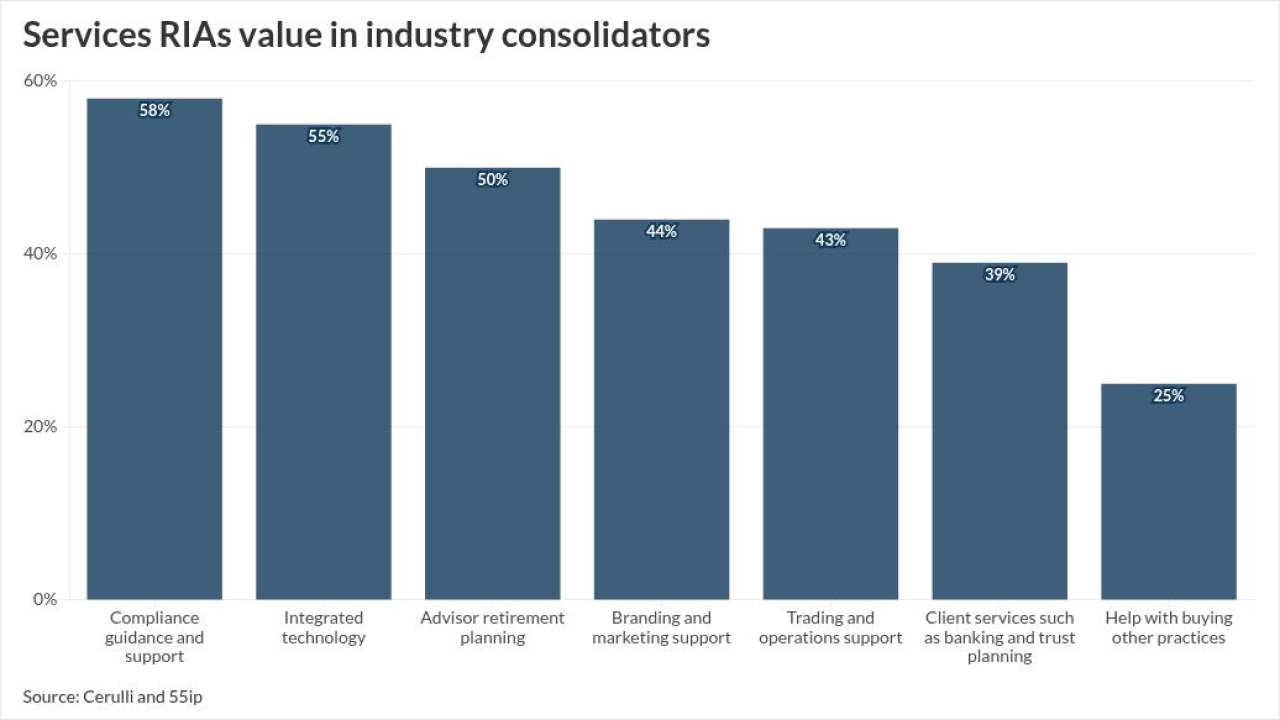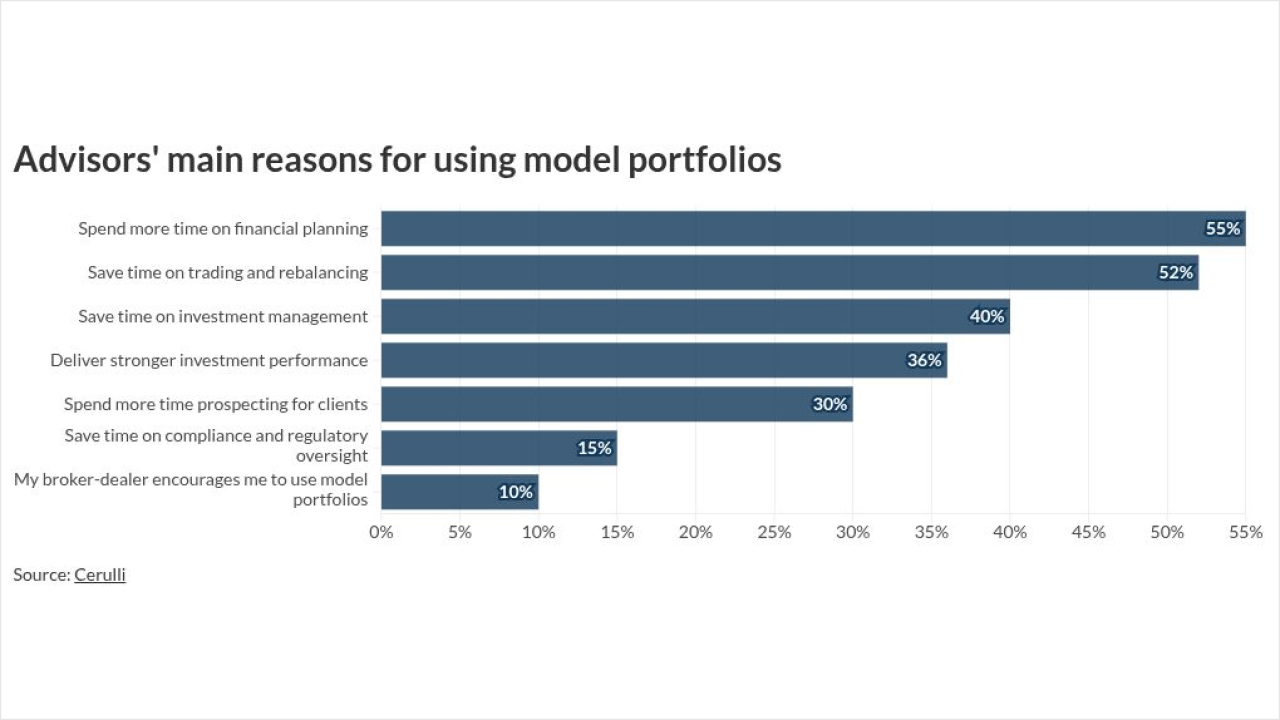At first, mutual fund managers said they didn’t think the subprime loan disaster would affect them. But now, real estate funds, even though many of them are concentrated on commercial investments, are feeling the heat, The Wall Street Journal reports. In addition, so are funds with large exposure to homebuilder companies or regional banks that had been making the loans. What’s impacting these funds—particularly real estate funds—is the concern of investors that defaults on risky mortgages will spread from residential investments to commercial. In addition, because real estate funds have had such a tremendous run-up in recent years, some believe their day in the sun is reaching an end. In the past month, real estate funds have declined an average of 4.7%. But because they were the best-performing category in 2006, they are still up 5.16% year to date and 25.5% for the 12 months ended March 21. “There’s been a lot of talk on the backburner [about] when is real estate going to cool,” said Andrew Gogerty, a
-
Also, Raymond James lands a $420M father-son team from Edward Jones, Cetera recruits a $350M LPL duo, and Cambridge acquires a $1B AUM dual registrant.
5h ago -
With the rapid growth of the RIA industry, large wealth managers are increasingly finding ways to make money by supporting independent advisory practices.
10h ago -
The latest SEC Enforcement Activity report finds that the watchdog agency has only started four regulatory cases against public companies under the current presidential administration.
November 25 -
Savant Wealth Management, Moneta Group Investment Advisors and EP Wealth Advisors lead a group of fee-only firms with headcounts well above their peers.
November 25 -
Mindy Neira found that embracing her passions helped build a niche that fulfills her.
November 25 -
A new Cerulli report finds that advisors who outsource investment management spend more time in direct dealings with clients.
November 24





